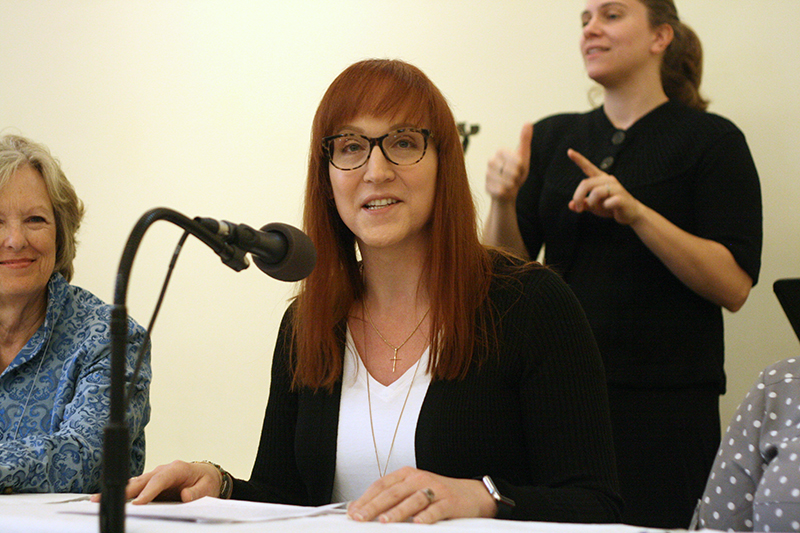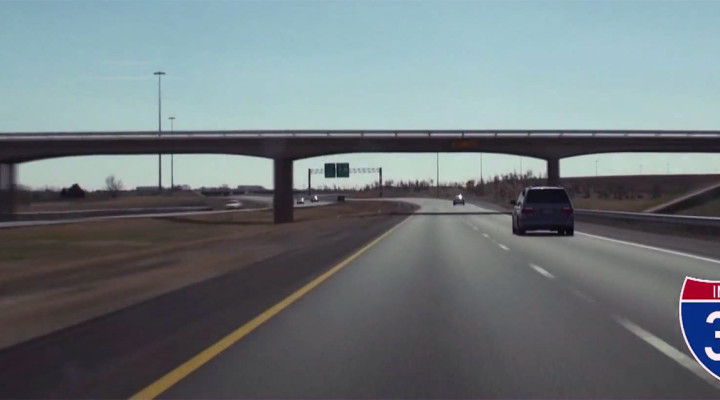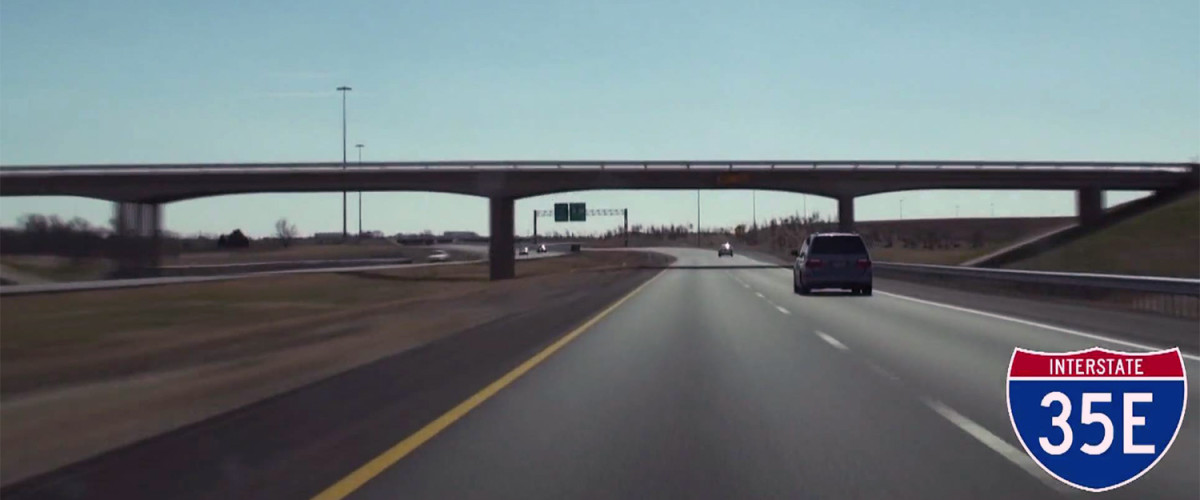Allyson Dylan Robinson, who may be the first openly transgender person ordained to the ministry by a Baptist church, advocates a “theology of survival” that she credits with sparing her life years ago on a deserted Texas highway.
Recently termed by MSBNC “the most radical preacher in America,” Robinson told a Baptist gathering April 8 that when she arrived years ago to study at Baylor University’s George W. Truett Theological Seminary she appeared to be a typical “white, straight, lower/upper middle class, European-descended man.”

Allyson Robinson speaks in a panel discussion opening the April 8-10 Alliance of Baptists annual gathering. (BNG Photo/Bob Allen)
“That’s what the world believed of me,” Robinson said in a panel discussion opening the April 8-10 Alliance of Baptists annual gathering at Kirkwood Baptist Church in St. Louis. “In the case of my gender, it was what the world assigned to me and demanded of me.”
But unlike most of her Baylor classmates, Robinson came with a secret.
“I have known my entire life that the world was wrong about me, that on the day I was born, when the doctor took a cursory glance between my legs and authoritatively declared ‘It’s a boy,’ he was wrong — dead wrong.”
Robinson said she prayed for 30 years that God would change her, and even tried an exorcism.
“The only way to end my pain and my shame was suicide,” she said, describing the time on a long stretch of Interstate 35 between Waco and Temple, Texas, she saw in the distance a farm road overpass and figured if she floored it she would be going 120 miles per hour by the time she hit the abutment and her struggle would end.
Robinson said she felt a little like Abraham on Mount Moriah, only instead of Isaac on the altar, “the knife was poised over my own heart.”
“So many people like me have climbed that mountain and never come down,” she testified, but on this day “an angel of the Lord” intervened, an angel by the name of “Reason.”
“What if God hasn’t fixed you because you’re not broken?” the inner voice asked.
“That can’t be true,” she protested. “The Bible says I’m broken.”
“What if the Bible is wrong? What if you’ve been reading it wrong?”
“I don’t know,” she said.
In that moment, Robinson said she spotted another sacrifice entangled in the bush. “I sacrificed my certainty on God’s altar,” she said. “And I can only pray that God has credited that sacrifice to me as righteousness.”
Since stepping down about a year ago as transitional pastor of Calvary Baptist Church in Washington, the church that ordained her for a second time in 2014, this time as a woman, Robinson has embarked upon “a modest ministry of itinerant preaching to unsuspecting audiences.”
She appeared on the E! reality program I Am Cait to perform a renaming ceremony for her friend Caitlyn Jenner, “who is scandalously a Republican,” describing it as “a wonderful and bizarre experience that gave me the opportunity to tell 2 million people God loves you because of who you are, not in spite of who you are.”
Robinson said her theology of survival is far different from what she was taught to believe growing up in a traditional Southern Baptist church.
“I have challenged nearly every doctrine that was entrusted to me and that I promised to keep on the day of my ordination,” she said. “I determined to keep those only that keep me alive.”
“As a result, my theology is very lean, and it is very simple,” she explained. “I’ve learned that theology as survival relies on very few predecessors to inform its shape or its framing. Because frankly very few have survived to pass on their learning to the next generation.”
Robinson said she appreciates the work of theologians of liberation and hope, but they weren’t enough to keep her alive.
“Frankly I consider Job, Gautama Buddha, Joan of Arc, Rumi and Johnny Cash to be my spiritual predecessors far more than Augustine, Aquinas or Barth,” she said. “My hymnal has a lot less Isaac Watts and Fanny Crosby, but it’s full of Bob Dylan, Bruce Springsteen, Tupac and Beyonce.”
“The true source, or one of the most important sources, of theology as survival is the lived lives of those who are improbably, impossibly, vexingly, audaciously surviving.”
“The true source, or one of the most important sources, of theology as survival is the lived lives of those who are improbably, impossibly, vexingly, audaciously surviving.”
Robinson said theology as survival has more questions than answers. “It realizes that being right about God is a luxury afforded only to the privileged,” she said. “Being real with God, that is the project of theology as survival.”
Robinson said she struggled with getting over her theology of certainty, but in the end it was as if God answered back: “I’m a mystery. Get over it. You’ll never fully understand. You’ll never see or know more than a tiny sliver of me. You’ll never get more of me than an infinitesimal speck of all of my fullness. Most of what you think you know, you’ll get wrong. Most of what you see, you’ll misinterpret.”
“Once I let go of all my folk theology and my fairy tales about God and started taking God at God’s word, and started using the meager faculties that God gave me to ponder it all, I could do no other.”
“What would it mean for the church to embrace all of this?” Robinson pondered. “I don’t know. I think it would look a lot different than it looks today. All I know is that it would mean a lot to a lot of the people who are sitting in your pews every week.”


